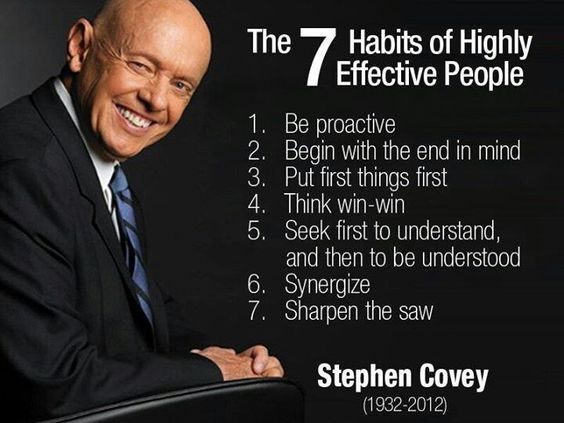

Quadrant IV includes activities that are not important and not urgent, such as some social media, busy work, or fun things that do not contribute to your goals and values. Quadrant III includes activities that are not important but are urgent, such as some phone calls, emails, and meetings. Examples include marketing, relationship building, long-range planning, and exercise. Quadrant II includes activities that are non-urgent but important. Quadrant I includes activities that are both urgent and important, such as a project deadline or a health crisis. The other side of the matrix involves things that are important (things that are results-oriented and contribute to your goals/values) and not important. One side of the matrix includes things that are urgent (requiring immediate attention) and not urgent. Schedule activities for the week, including delegationĤ. Adapt daily due to unanticipated eventsĬovey uses a time management matrix to categorize activities and identify priorities. Select goals-Choose what you would like to accomplish in each role for the next 7 daysģ. Identify your key roles-Examples: parent, spouse, shareholder, mentor, board memberĢ. Covey recommends “scheduling your priorities” by organizing your schedule on a weekly basis using a four-step process:ġ. In Habit 3, we organize and execute around our priorities. Put the mission statement in your planner, phone, or desk so you can refer to it regularly. What contributions and achievements will you want to have made? Then integrate your mission statement into your life. Writing a personal or organizational mission statement can help us practice Habit 2. What would you want people to say about you? Covey suggests imagining your funeral or retirement party. In Habit 2, we view time with the end of our life or career as a frame of reference. The way you see time affects the way you spend time.

Frankl was tortured during the Holocaust and became a renowned psychiatrist and author, using his experience to become help others find meaning in their suffering. In contrast, proactive language might include: “Let’s look at the alternatives,” “I can choose my response,” “I can control my own feelings.”Ĭovey points to Viktor Frankl as an example of a proactive person. Reactive language includes statements such as: “I don’t have time,” “He makes me so mad,” “Employees won’t be productive if they work remotely,” or “There is no way we can be successful during a pandemic.” The speaker transfers responsibility to someone or something else. Language can be an indicator of how reactive or proactive you are. In contrast, proactive people and organizations are value-driven. Reactive people and organizations are circumstance-driven. Proactive people focus their efforts on their circle of influence, not their circle of concern. Our behavior is a function of our decisions, not our conditions. In Habit 1, we acknowledge that between stimulus (what happens to us) and response (what we do), we have the power to choose. Effectiveness lies in the balance, and effectiveness is achieved by living according to 7 habits.
#Stephen covey 7 habits of successful people Pc#
Excessive focus on PC leads to disappointing results.

Excessive focus on P leads to unhappy employees, broken relationships, and poor health. P stands for production of desired results.

The capacity to produce: your legal team, resources, and business relationships, etc.Ĭovey calls this the “P/PC balance”. What is produced: quality legal work, a favorable court outcome, or income, etc.Ģ. “Effectiveness” is a function of two things:ġ. Since its publication in 1989, 7 Habits has been a consistent bestseller, and remains relevant 30+ years later.ħ Habits author Stephen Covey identifies the principles or habits that lead individuals and organizations to effectiveness. Chances are you have heard of The 7 Habits of Highly Effective People. There may even be a copy on your bookshelf.


 0 kommentar(er)
0 kommentar(er)
